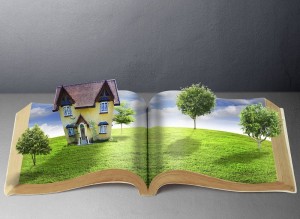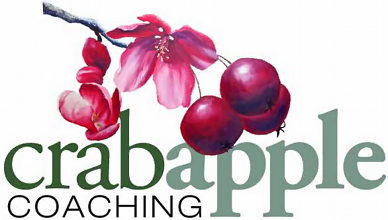 Tales of Retirement
Tales of Retirement
By Brad Morley
High School English Teacher
Retired 2012
It’s an early March Tuesday and as the sun rises I’m driving into Toronto from Guelph, taking toll road 407 so we’ll be on time for a family meeting. Since we’ve left ourselves this kind of time, and traffic flow is surprisingly unimpeded, I slow down to 105 from my usual 120-125.
Cars, trucks, and buses rush by me, some at breakneck speed. Others weave in and out: fast lane, slow lane, back to the middle, hurtling along. A sign advertising the benefits of this highway reads “407 – Saving you time for what’s really important.”
Rushing to destruction
Is that really why people are rushing? I wonder. Is that why the sleek white BMW is racing through traffic, careening in and out? Is that what’s most on the bus driver’s mind as he jockeys through ever more dense streams of traffic on his way into the Elizabeth Street terminal, twenty kilometres away? For what “more important” things are so many people bee-lining their morning commute?
Bee-lining. Bees. Hmmmmm. It’s hard not to think of the damage to bee colonies being wrought by pesticides these days. Neonicotinoids, that almost unpronounceable pesticide, is the one so many respected scientists from around the world have blamed for the tainted pollen that has caused confused pesticidal behavior, hive collapse, and bee colony destruction. It’s an epidemic with the potential to wipe out agricultural food production around the world.
Hive collapse
Has modern life and the demands it makes as manifested by the driving practices of 407 users become our neonicotinoid, our tainted pollen? I’m retired, and it’s a given that retirement should be far less stressful than one’s working life. But how many of us still feel a constant need to fill our waking hours with productivity? Like so many of the 407 drivers, do too many retirees still feel compelled to drive themselves to always be doing? Have we, in falling for the bucket-list mentality, lost sight of “what’s really important”: the quiet walk, the nap, reading in the afternoon, listening, puttering?
You could argue that these are luxuries not everyone can afford, and you’d be right—to some extent. But even that speaks to the possibility that civilization as a whole has lost its way and the human hive is inching more closely to collapse. Some might even say racing toward it.
The car, which makes so many things convenient (and what would our lives be like if we hadn’t as a species bowed down to the false gods of Efficiency and Progress?), is said by those who know these sorts of things to be the single-most important contributor to North American climate change. These things we’ve been convinced we need—cars, fast food, the Internet, and so on—are the very things that are doing us in. Like the addict and his fix, we want the things that may well destroy us. Like the bee, we live for the pollen, blind to its damaging effects. And perhaps like the bees, misfiring on pesticides, we’ve lost our way.
While there is tea
There’s a sign in our kitchen which reads “While there is tea, there is hope.” What this means, of course, is that there is strength and relief to be gained by pausing, by slowing down, by stepping out of the potentially soul-destroying hurly-burly of modern life. And I say this as one who loved his career. Retirement should be and can be the healing tea, the antidote to the more toxic elements of the working life.
A few hours from now we’ll be returning along this same highway, and I may well see that sign again, reminding me that by speeding along I’ll be saving time for the more important things. I hope I have the wisdom to move slowly through the hurtling world around me.

” The quiet walk, the nap, reading in the afternoon, listening, puttering.” Yes, Brad. I am instructed. My retirement so far feels more like the 407. Thank you.
Perhaps retirees, taking time to savour the earth and life without rushing, can be a kind of “healing tea” for the world. amy